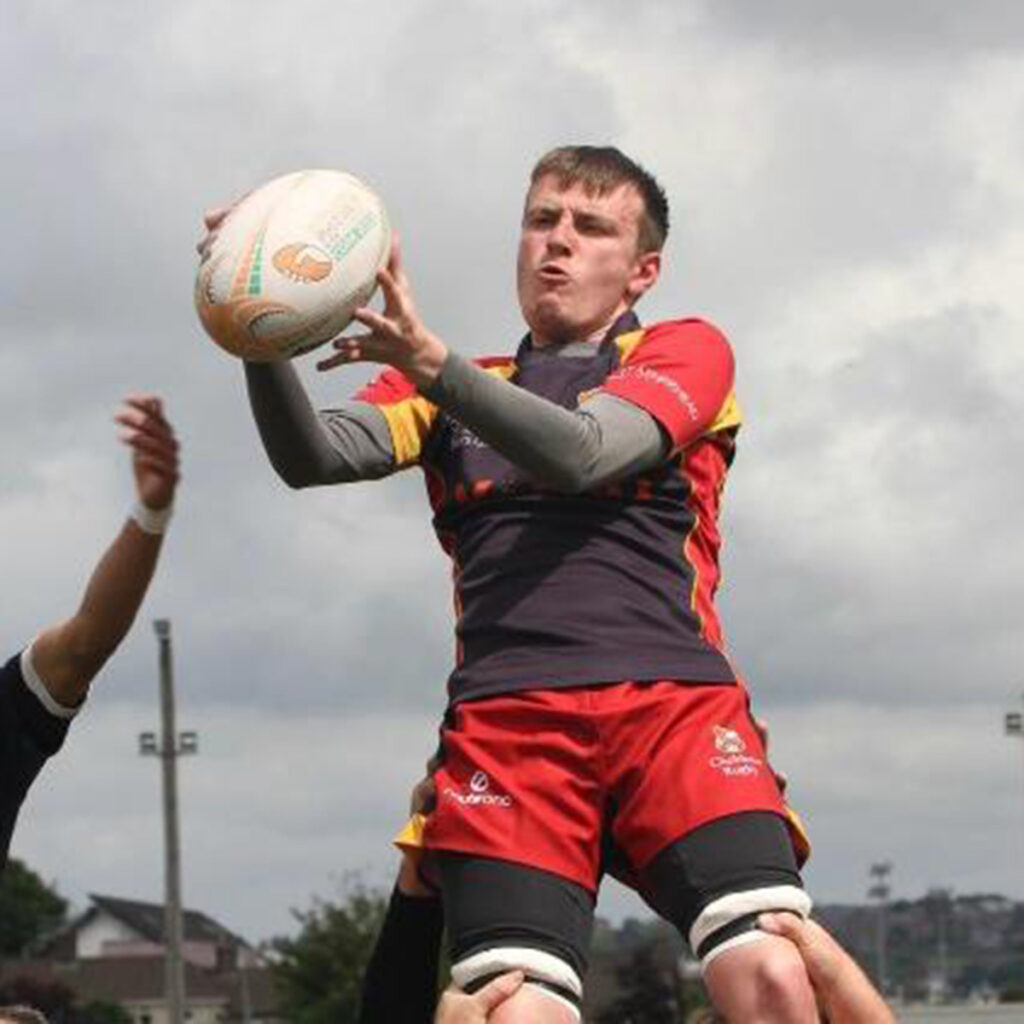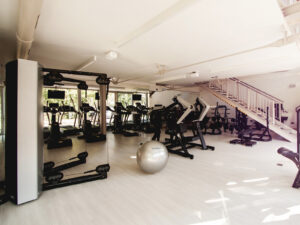IMAS Series: Daniel Walker

Daniel Walker was introduced to mixed ability rugby through a Tuesday night sports club in Walton-on-Thames.
During a session, a mixed ability coach was promoting awareness of the sport and hoping to encourage more members to sign up.
Mixed ability rugby welcomes people from all walks of life onto the same pitch and to share in the joy of playing rugby, with rules only tweaked slightly from the rugby we watch on television to allow more people to get involved at the same time.
This is how Daniel eventually fell back in love with rugby – a sport he had played when he was a child – and it also brought him closer to friends and family.
“You can have touch, semi-contact, and contact all on the same pitch, and you have uncontested scrums,” said Daniel, explaining how mixed ability rugby works.
“My dad and sister can play, which is good. My dad joined rugby later so he might struggle with some of the contact but he does get involved, and with my sister they try to make sure it’s touch to avoid injury.
“Anyone else that doesn’t want to play full contact rugby can play touch; it’s a really good way of different people from the same family being able to play. I would otherwise never have been able to play with my sister for example.”
Mixed ability provides a stark contrast to Daniel’s early experiences of rugby, when he trained for clubs who did not necessarily have equal participation at the forefront.
“I had a background in rugby before all this; the clubs that I went to were not the most inclusive clubs.
“They would put me on the bench and didn’t think that I wanted to play, so they were making the decisions for me, even though I was able to make decisions for myself. That was a bit annoying because I knew the risks involved with the sport.
“It is difficult because you don’t want to be having a go at them or be negative, but there is a lot that they could learn.
“Probably clubs have improved since then, as this was around 13 years ago and there are more clubs that are a lot more understanding now, but it can be difficult as lots of coaches at youth teams are trying to help their players become professionals.
“Mixed ability gets us involved and if we have something to say, we can say it. I’ve been lucky enough to have been the captain of the team so I have been given a responsibility to help people. I’m also allowed to play full contact, but I don’t play as regularly so that decreases the amount of injuries I might get.”
Since finding more freedom to play the sport he loves, Daniel has thrived. He has captained his team in a Mixed Ability Rugby Invitationals (MARI) match at the Principality Stadium in Cardiff, and competed in the 2022 International Mixed Ability Rugby Tournament (IMART) in Cork, Ireland.
Both provided experiences to compete at the highest level in his sport, while also growing as a person.
“It was amazing going to Cardiff and I’ve met some really good friends there from Ireland, Wales, and England.
“It wasn’t just the game for me, but what it represented. I stayed in a bedroom with a coach I had known for quite a few years, and for me to stay in a room with someone who isn’t a family member is a huge step. My dad was there but he wasn’t staying in the same room.
“Then I went to the mixed ability World Cup and that was brilliant. That was even bigger, and because of playing with the MARIs, I had already had an experience of a rugby tour.
“I met even more people, and I really got on with the Belgian players because we played against them and they seemed to be really nice. They were always very supportive and they gave me a Belgium cycling hat.
“In some ways it was more tiring than MARIs because it was a longer event and by the end of the week I was out of it a bit, but it was a very good thing, a really nice experience, and I wouldn’t have changed it.”
Daniel has grown massively in confidence since joining mixed ability rugby and has more recently branched out into non-mixed ability sport, joining his local touch rugby team.
He’s also become a trainer with International Mixed Ability Sports (IMAS) – a leading body for mixed ability sport across the globe – using his mixed ability experiences to improve awareness and share better inclusivity practices.
“That involves talking to people, doing interviews, and making sure that new clubs understand mixed ability. I’ve done talks in London for special schools, Bath Rugby Foundation, and for Squash England which was probably one of the most important and trickiest ones for me as I don’t know squash.
“Mixed ability rugby has allowed people to be involved in their club. Having sessions on a day where everyone is involved allows friendships to form between people that would otherwise never have met, and these things will only benefit your club.”
Like Daniel, there are plenty of ways people can get involved in mixed ability sport.
“They could get involved with IMAS and ask how they could set up a club locally, or come in as a coach, there’s a lot involved with mixed ability. I’m also only involved in the rugby but there are lots of other sports.
“Without mixed ability, people give up senior sports a lot and won’t go back. And because I also struggle with anxieties, it gives me an opportunity every weekend, even if it is just in the morning, to get away from it all.
“Mixed ability makes me feel like I can do things. It gives me a confidence, and allows me to be who I am. With my anxieties I’ve found I’m less likely to do those behaviours because they understand.”


